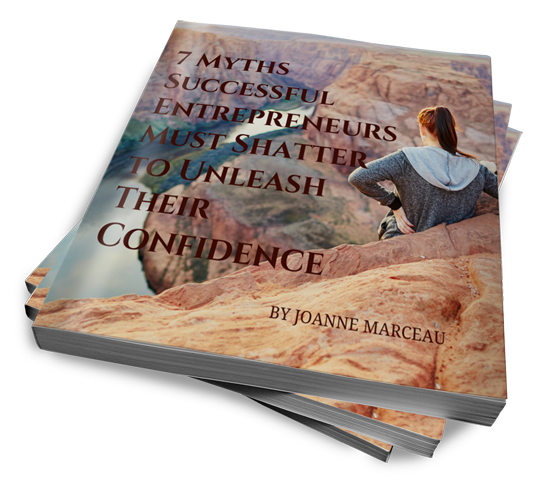Thoughts and questions percolate up from your unconscious mind all day. The majority go unnoticed. As soon as we can talk we are asking questions. Questioning is so instinctive most of us don’t even think about it. But what if our questions control our success? Let’s look at how to turn your questions into a business success strategy.
Your questions reveal a lot about your approach to life.
In his book A More Beautiful Question Warren Berger shares a study that the average 4 year old British girl asks 390 questions a day, and unless she’s exceptional, this number is likely to decline for the rest of her life. What causes this decline? What do we miss when we stop asking questions?
Schools and jobs reward us for memorizing and reproducing information Click To TweetAt first glance there seem to be few rewards for starting or staying with an inquiry. It slows things down. Managers and colleagues get impatient. It can make your seem hesitant or doubtful. Yet, sometimes it is the answer to that final irritating question that reveals an extraordinary idea; insight that changes the course of companies and lives.
During my coaching certification I learned to use questions beginning with what as the critical first step in problem solving. Without this practice teams are seldom aligned on the problem they think they are solving. Without what-driven inquiry, there’s a magnetic draw to look to the past to solve problems; giving you more of what you already have. The past is often void of innovation.
During this time I experienced first-hand the power and risk of asking what questions. As I increased my use of inquiry at work, I also seemed to become a “difficult employee”. It was painful for both parties. Without a culture welcoming inquiry, even well-intentioned questions became annoying, disruptive and difficult. Using my newly developed questioning resulted in all of these. Not my finest moment but a great lesson in the power of questions and corporate culture.
My experience offers a clue why our little British girl stops asking question; it takes courage to keep asking and the rewards are few. What is the cost to people and organizations when healthy questioning is stifled or forgotten?
You can’t solve the problem with the same thinking that created it ~ Albert Einstein Click To TweetI believe that questions reveal our problem-solving characters. Personalities that show how we approach life’s challenges. The questions we use give us a sneak preview of the success we are likely to experience. If you’re going to stay on the inquisitive path, be sure you know what character you are and how it fits in the Corporate Culture.
Why questions can reveal the Victim character. There is little possibility of a valuable solution because asking why keeps the focused on the problem. Ironically, the answer to why questions is ‘because it did‘.
- Why did he/she/I do that?
- Why is this happening (to me)?
- Why can’t I ________________ (you fill in the blank)
How questions reveal the Recycler character. The answers to how can provide quick solutions, but they are often repackaged versions of something used before. New viewpoints and insights are missed because asking how immediately shifts the focus to strategy.
- How can I make this go away?
- How did we do this before?
- How can I get this done faster?
- How can I fix this?
What questions awaken the “Genius character. They activate our innate problem solving intelligence. There are usually multiple answers and the process is slower. Creativity takes time – be patient. What questions activate game-changing answers.
- What are other options in this situation?
- What do I need to know to approach this differently?
- What does that look like?
- What has changed since the last time we talked?
- What other questions could I be asking?
- What is the opportunity here?
- What else, what else, what else?
What are your questions saying about you? What would change if you spent more time in the inquiry?
J. Marceau Coaching
www.jmarceau.com

